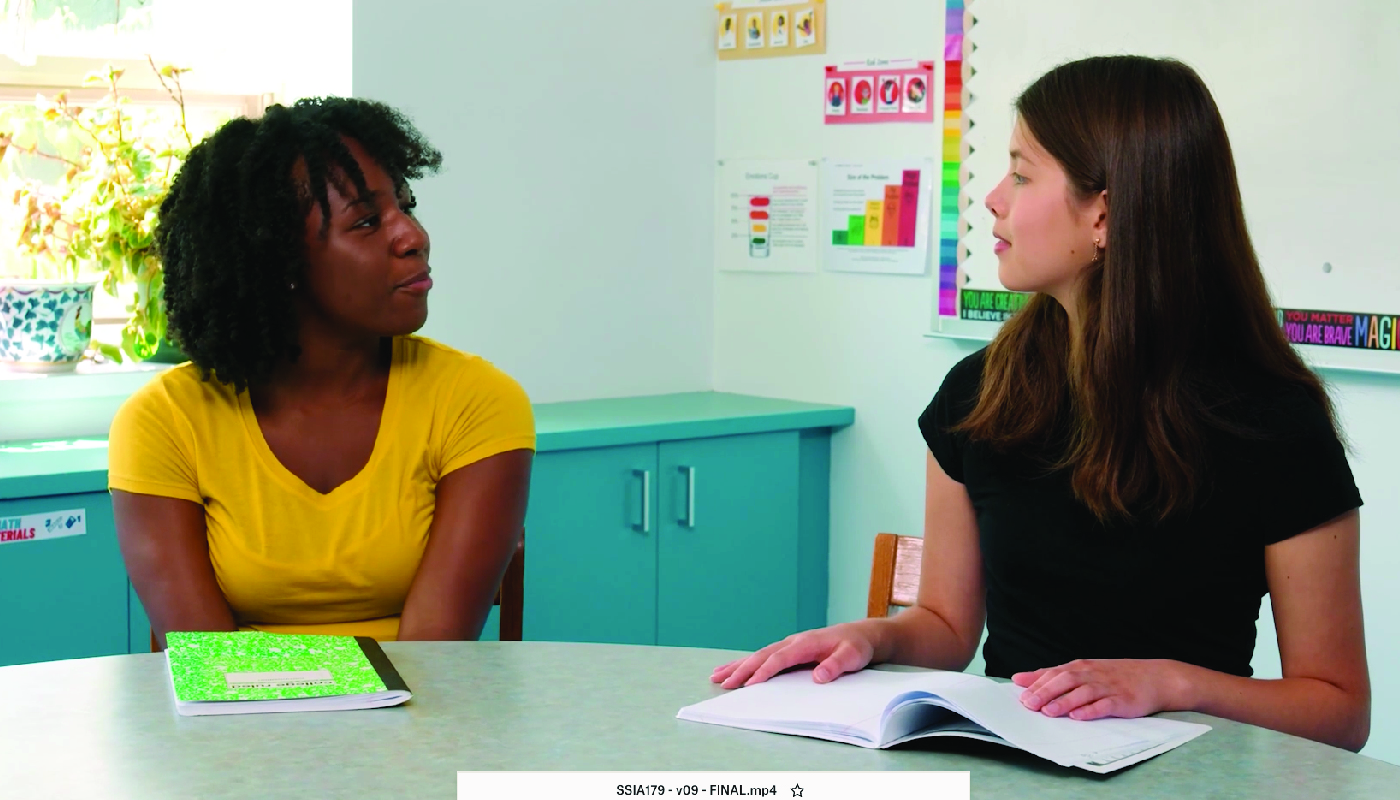Introduction
Volunteering is a powerful way for students to contribute to their community and experience personal growth. By donating their free time to help others and support good causes, students can build confidence, self-esteem, and develop valuable social-emotional skills. This is particularly important for students in special education, as volunteering can provide them with unique opportunities to practice these skills in real-life situations. In this blog post, we will explore a no-prep activity for educators, followed by discussion questions, related skills, and next steps.
No-Prep Activity: Community Helpers
This activity requires no preparation or materials from the educator and can be easily implemented in the classroom. The goal of this activity is to help students understand the concept of volunteering and its impact on the community.
- Ask students to think about their community and the different problems or challenges it faces. For example, homelessness, pollution, or lack of green spaces.
- Divide the students into small groups and encourage them to brainstorm ways they could volunteer to address these challenges. Remind them of the various volunteering examples mentioned earlier, such as planting trees, collecting food and clothes, or serving food at a shelter.
- Have each group share their ideas with the class. Discuss the potential benefits of each idea, both for the community and for the students themselves.
- Encourage students to choose one volunteering idea they would like to pursue and create a plan for how they could get involved. This could include researching local organizations, discussing their idea with a parent or teacher, or setting a goal for when they would like to start volunteering.
Discussion Questions
- Why is volunteering important for both the community and the individual?
- How can volunteering help students develop social-emotional skills?
- What challenges might students face when trying to volunteer, and how can they overcome them?
- How can educators support students in finding and participating in volunteer opportunities?
- What other ways can students contribute positively to their community?
Related Skills
Volunteering can help students develop a range of social-emotional skills, including:
- Empathy: Understanding the feelings and needs of others in the community.
- Responsibility: Taking ownership of a task and seeing it through to completion.
- Teamwork: Collaborating with others to achieve a common goal.
- Problem-solving: Identifying challenges and finding solutions to overcome them.
- Communication: Expressing thoughts and ideas clearly and effectively.
Next Steps
Integrating volunteering into your special education curriculum can be a powerful way to promote social-emotional learning and personal growth for your students. To get started, consider signing up for free samples of skill-building materials and other resources at Everyday Speech. These materials can help you support your students in developing the skills they need to become confident, compassionate volunteers and make a positive difference in their communities.






